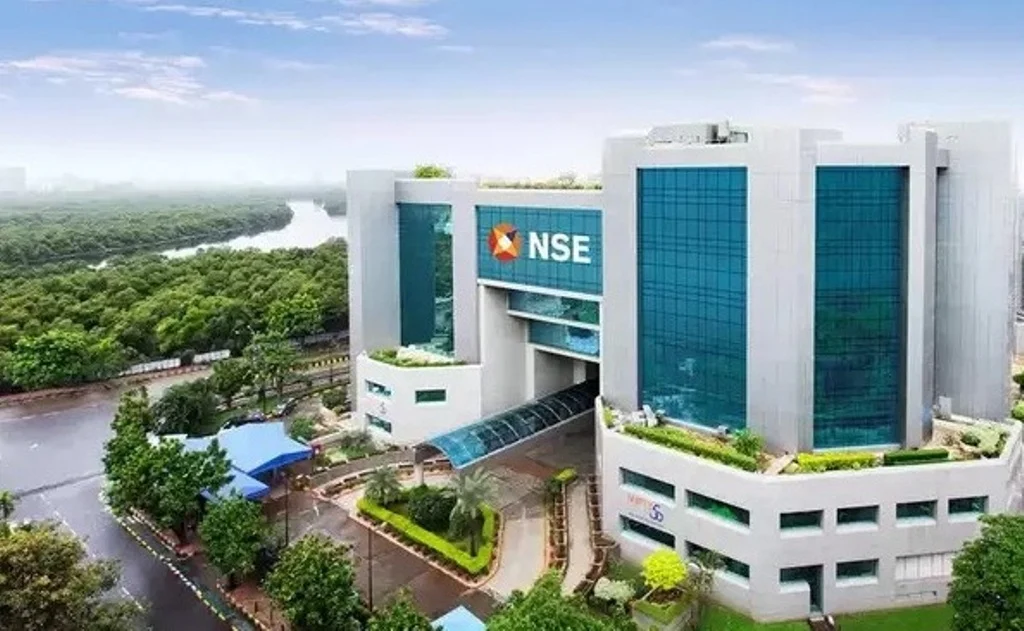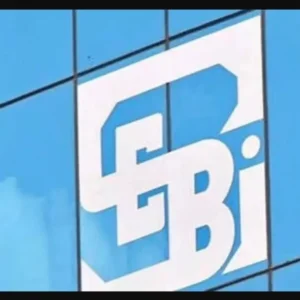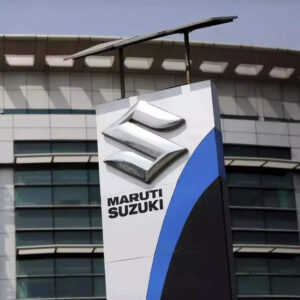
The National Stock Exchange (NSE) and the Securities and Exchange Board of India (SEBI) have resumed talks to settle the co-location case. This step could finally clear the way for NSE’s initial public offering (IPO). The controversy has dragged on for years. Now, both sides want a resolution. Let’s break it down.
Background: Co-Location Case and SAT’s Relief
In 2019, SEBI ordered NSE to pay Rs 625 crore for issues in its co-location facility. This setup let brokers place servers near NSE’s systems for faster data access. Some brokers allegedly got an unfair advantage, raising concerns. SEBI said NSE didn’t ensure fair access, breaking rules. The penalty included 12% interest per year, raising the total to over Rs 687 crore. SEBI also banned NSE from launching new derivative products for six months and barred some executives from the market.
However, in January 2023, the Securities Appellate Tribunal (SAT) gave NSE relief. It overturned SEBI’s Rs 625 crore penalty, calling it excessive. SAT noted NSE’s lapses, like unequal IP allocation and weak monitoring of secondary servers. Still, it ordered NSE to pay Rs 100 crore for negligence. SEBI challenged this in the Supreme Court, which didn’t stay SAT’s ruling but asked SEBI to refund Rs 300 crore to NSE while the appeal continues.
How SEBI Sets Settlement Amounts
SEBI follows a clear method to calculate settlement amounts. It looks at the violation’s seriousness, the entity’s cooperation, and any prior issues. For the co-location case, SEBI might demand a large sum, possibly twice the Rs 643 crore NSE paid in 2023 for the Trading Access Point (TAP) case. That was SEBI’s biggest settlement ever. The amount depends on the case’s complexity and market impact. SEBI also factors in legal costs and potential profit disgorgement. Notably, entities can settle without admitting fault, making it a practical option.
NSE’s partial win at SAT boosts its bargaining power. It may push back against a high penalty, leading to tough talks. SEBI’s internal committee first reviews the settlement plea. Then, the High Powered Advisory Committee (HPAC), led by a retired judge, examines it. The HPAC includes financial and legal experts. Their advice goes to SEBI’s Whole-Time Members for the final call. If approved, NSE gets a demand notice, pays the amount, and the case closes.
NSE’s Push for a Consent Settlement
NSE has actively sought a consent settlement. In August 2023, it requested a combined resolution for all pending cases, including co-location. By March 2024, NSE sent another letter to SEBI, pressing for a deal. Talks started about six weeks ago, focusing on the settlement figure and terms. NSE wants to clear legal hurdles for its IPO. It already settled the TAP case, showing cooperation. However, SEBI rejected a prior plea in December 2023, and a hearing took place in February 2024. The result is still pending.
Supreme Court’s Role in Approval
Any settlement needs Supreme Court approval. SEBI’s appeal against SAT’s January 2023 ruling is ongoing. In March 2024, the court delayed a hearing, leaving the case unresolved. If SEBI and NSE agree on terms, they must present them to the Supreme Court. The court will decide if the appeal can be withdrawn. This step is vital, as the co-location issue blocks NSE’s IPO. Finalizing the process could take three to four months after an agreement.
Consent Process: A Multi-Step Approval
SEBI’s consent process is thorough. NSE submits a settlement application first. SEBI’s internal committee checks it for compliance. Next, the HPAC, with its expert panel, reviews the proposal. Their recommendation matters greatly. Finally, SEBI’s Whole-Time Members make the final decision. If approved, NSE pays the agreed amount, and SEBI issues an order to close the case. This multi-step system ensures fairness and protects investors.
In summary, SEBI and NSE’s renewed talks offer hope for resolution. The co-location case, ongoing since 2015, has delayed NSE’s IPO. With Supreme Court approval and a strict consent process, both sides aim for a fair outcome. Investors and market observers are watching closely, as this could shape NSE’s future and India’s financial market.
Reliable Sources: Outlook Business





